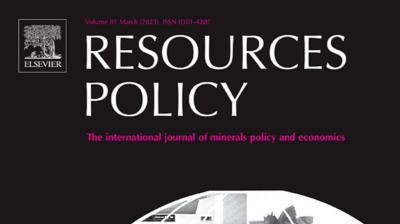Climate Change and Index Insurance Demand: Evidence from a Framed Field Experiment in Tanzania
Index insurance has been touted as part of an adaptation strategy to mitigate climate risks among smallholder farmers. However, in the face of increasing drought probabilities, demand for index insurance may decrease compared to a scenario with no climate change, if farmers learn slowly or place considerable weight on prior beliefs. Using data from a framed field experiment in Tanzania, we estimate a structural learning model based on a Bayesian change-point inference method and separately identify the effect of learning, expectations, recency bias, and ambiguity on insurance demand. Furthermore, by simulating the supply-side of the insurance market under a set of plausible assumptions, we show that climate change results in reduced uptake rates in most cases, although demand may increase if the severity of climate change is sufficiently low. Overall, our results provide an alternative explanation for the puzzle of low index insurance demand.



